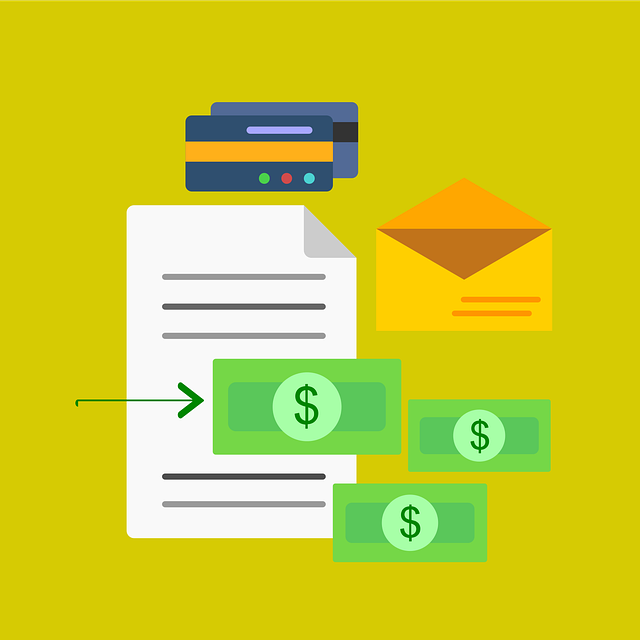Efficient real estate maintenance through regular inspections and smart home tech reduces costs. Investing in energy efficiency and renewable energy cuts utility bills and boosts property value. Property taxes, influenced by market fluctuations, are significant expenses to budget for. High insurance premiums in disaster-prone areas can add substantial annual costs. Understanding these factors is key for successful real estate management and investment.
In the dynamic landscape of real estate, understanding the intricate factors that impact overall ownership cost is crucial for savvy investors. This comprehensive guide delves into the key areas driving expense management. From efficient maintenance strategies that ensure long-term cost savings, to property tax implications often overlooked yet significant, and insurance costs that can substantially affect profitability – each element plays a vital role in navigating the real estate market successfully.
Efficient Maintenance Strategies: Key to Cost Savings

In the realm of real estate, efficient maintenance strategies are a game-changer when it comes to managing ownership costs. By implementing proactive and cost-effective measures, property owners can significantly reduce overall expenses while enhancing the longevity of their investments. Regular, routine inspections are a crucial first step; identifying potential issues early prevents small problems from escalating into costly repairs.
Additionally, leveraging technology for maintenance tracking and utilizing energy-efficient systems can yield substantial savings over time. Smart home devices, for instance, enable remote monitoring and control, reducing the need for frequent on-site visits by technicians. Similarly, investing in renewable energy sources like solar panels not only reduces utility costs but also contributes to a more sustainable property, enhancing its overall appeal and value in today’s eco-conscious market.
Property Tax Implications: A Subtle Yet Significant Factor

Property taxes are a significant component of the overall ownership cost in real estate. While often overlooked, these levies can significantly impact homeowners and investors alike. The amount paid annually is determined by local authorities and is typically calculated based on the assessed value of the property. This means that changes in the real estate market, such as fluctuations in property values, directly affect the tax burden.
In areas with high property values, homeowners might face substantial tax implications, which can erode potential investment returns. Conversely, regions experiencing a real estate downturn could offer some relief through lower taxes. Understanding these dynamics is crucial for anyone involved in the real estate sector as it influences budgeting, investment strategies, and overall financial planning.
Insurance Costs and Their Impact on Real Estate Ownership

Insurance costs play a significant role in shaping the overall financial burden of real estate ownership. These expenses are an essential consideration for any property owner, as they protect against potential risks and liabilities associated with their investment. Homeowners’ insurance is designed to cover a range of perils, including damage from natural disasters, theft, vandalism, and liability claims. The cost of this coverage varies based on factors such as the location, age, and value of the property, as well as the level of protection chosen by the owner.
In many cases, insurance costs can significantly impact a real estate investor’s budget. High insurance premiums, especially in areas prone to natural disasters like floods or earthquakes, can add up to thousands of dollars annually. This expense is often overlooked when calculating total ownership costs but can make a substantial difference in the overall financial health and return on investment for real estate properties. Understanding these insurance requirements and potential costs is crucial for prospective homeowners and investors alike.






